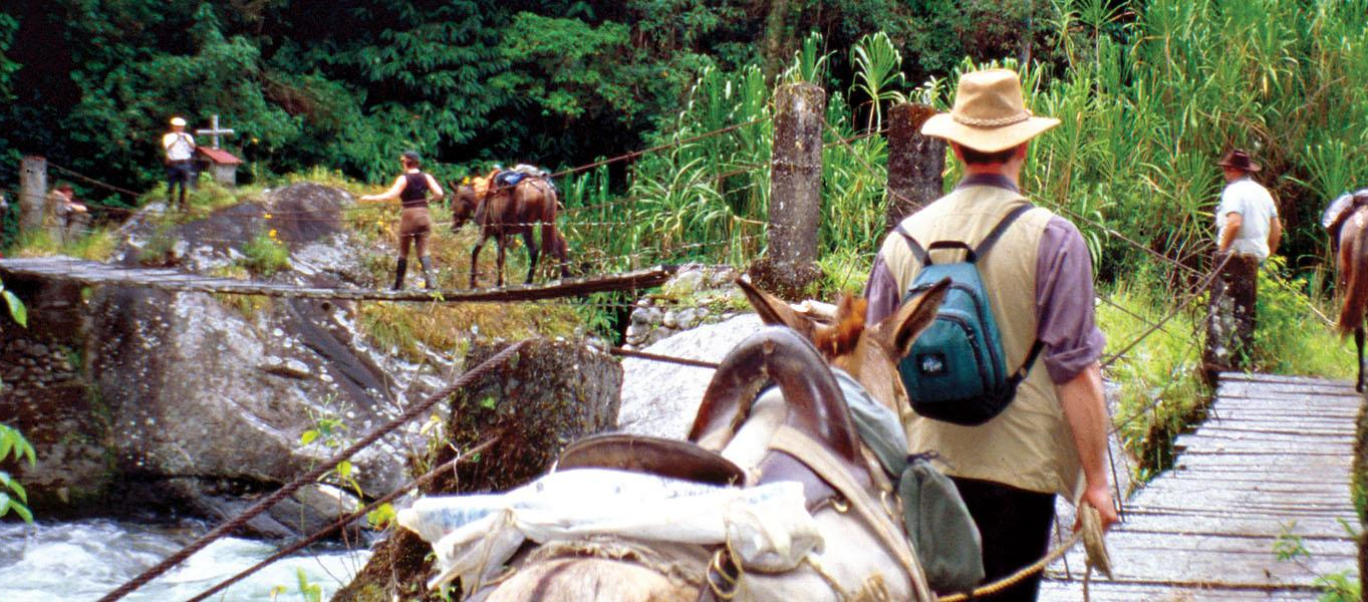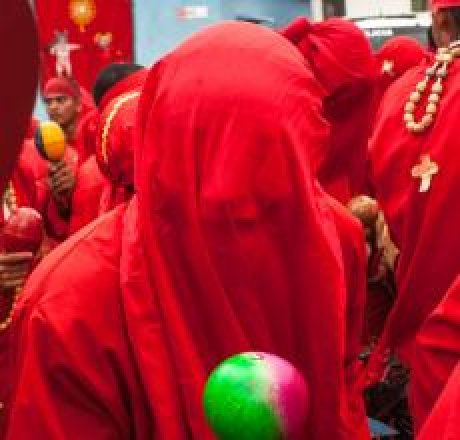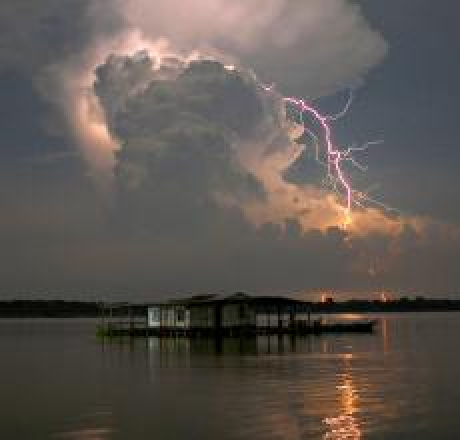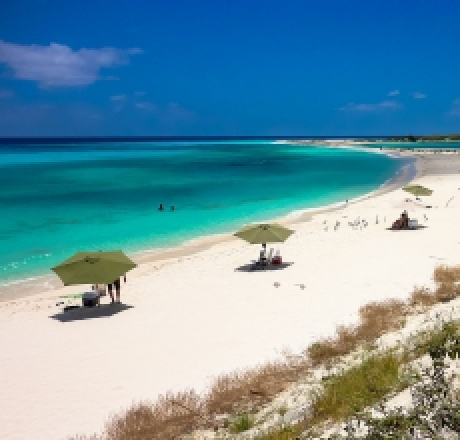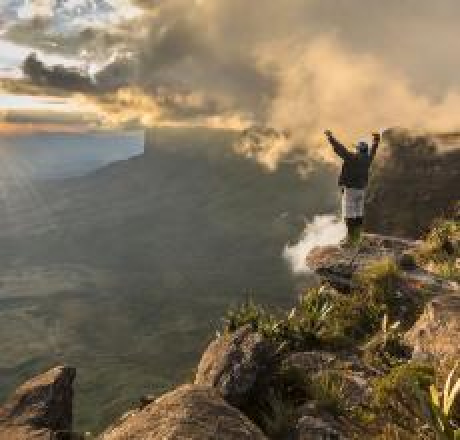South America
Venezuela
vital statistics
- Caracas
- 33 million
- Spanish
- Bolívar fuerte
The good news? If you head to Venezuela now you’ll probably not run into too many other tourists along the way. The reason is that this stunning country has a few issues: it’s one of the most violent countries in the world and on the brink of economic ruin. Not that these facts should turn you off completely.
Of all the places in Venezuela tourists skip, the capital Caracas is top of the list. For those who are brave enough (and by that we mean savvy), there are some beautiful spots in the mountains above the city, all part of a national park.
Out of the metropolis things get a little better. About 400 kilometres of the Andes crosses over the border of Colombia into Venezuela. Travellers usually head to the city of Mérida, a friendly university town, where hiking, mountain biking and other adventures can be planned and booked. From here you can also organise trips to Los Llanos, a savanna plain populated by llaneros (cowboys) and native creatures, like capybaras, anacondas, caimans, anteaters and birds, and the Catatumbo Delta, a place known for its amazing displays of lightning at the end of the day.
The southeast is tepui country. These tabletop mountains, ringed by sheer cliffs, inspired Sir Arthur Conan-Doyle’s novel The Lost World. Many of the small animals, like lizards and frogs, that live on them can’t be found anywhere else in the world. One of Venezuela’s most popular attractions, Angel Falls – at about 16 times the height of Niagara Falls, it's the tallest in the world – is part of a UNESCO listed site in the Canaima National Park.
Slightly west is where Venezuela reveals its corner of the Amazon and the starting point of the Orinoco, the world’s third largest river. Tours deep into the jungle to meet indigenous communities are conducted in dugout canoes.
Those seeking a touch of island life are in luck. Venezuela has more coastline and off-shore islands than anywhere else in the Caribbean and a lot of it is virtually undeveloped. Los Roques is an archipelago and national park just off Caracas, with the sandy beaches and turquoise waters of holidaymakers’ dreams. Scuba divers fall in love with Bonaire, which although not strictly part of Venezuela, is just 80 kilometres off the coast. The designated marine sanctuary is fringed by a coral reef, but the island is also known for its populations of flamingos and excellent windsurfing.
The Smartraveller website cautions travellers to avoid parts of Venezuela that border Colombia.
 (
(


